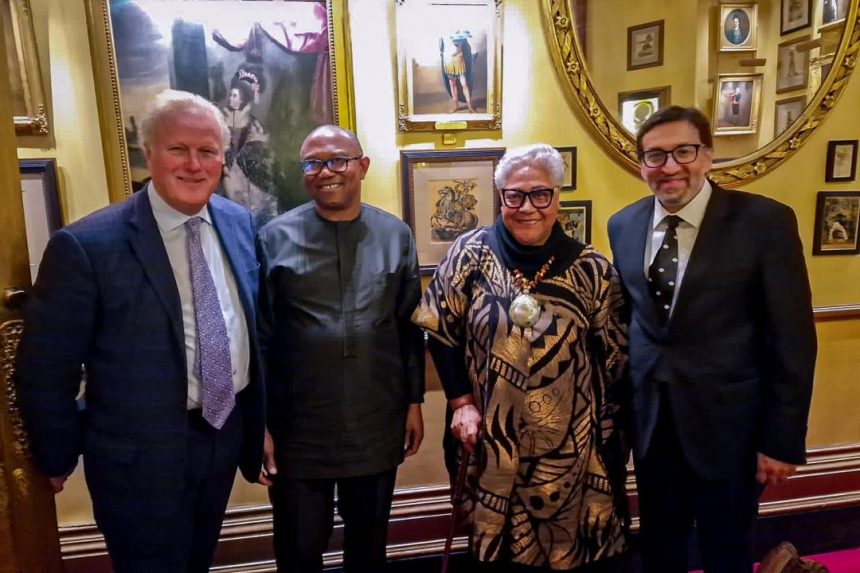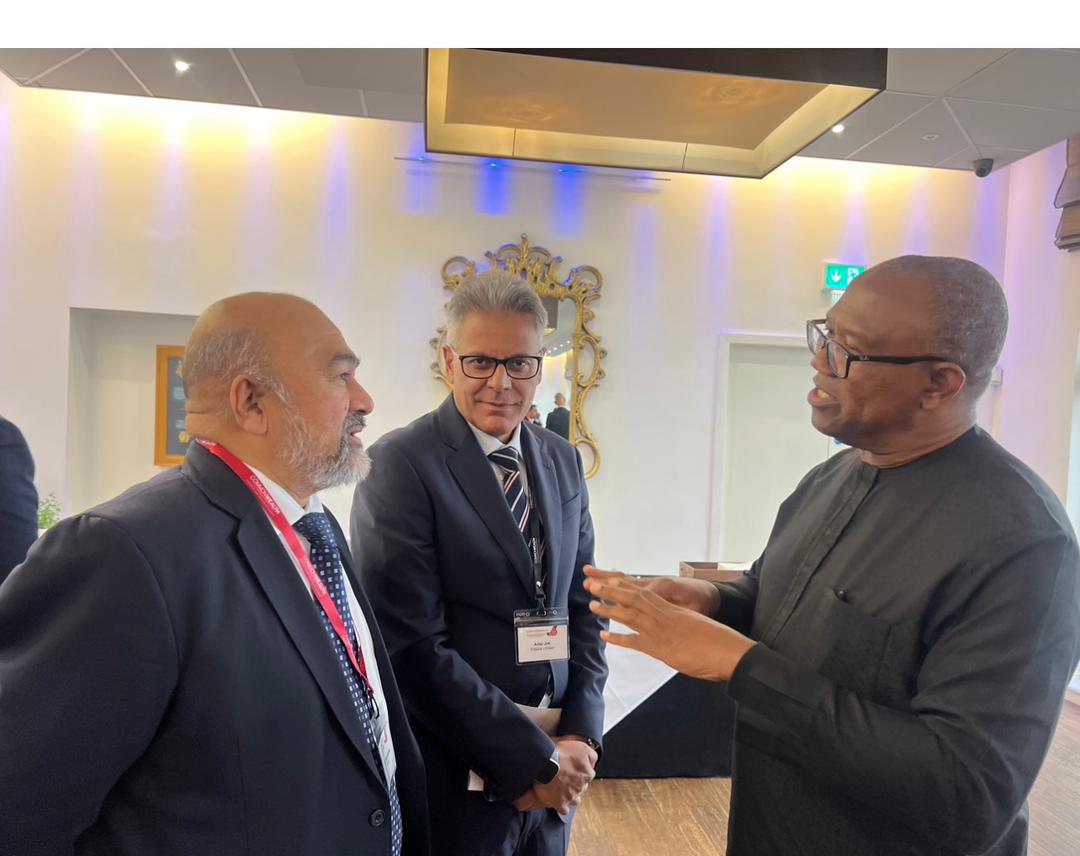Former presidential candidate, Peter Obi has said that Africa has the human and natural resources to be a key player in the global economy.
Obi, who was presidential candidate of Labour Party (LP) in 2023, said this at the Commonwealth-organised Trade and Investment Summit in London on Monday.
Speaking along the theme of the event, “Harnessing the African Opportunity”, Obi noted that Africa is greatly endowed being the second largest and second-most-populous continent of the world and a continent of incredible richness, not just in terms of its natural resources but also its human capital, with population of over 1.4 billion people.
The billionaire entrepreneur said, “A youthful and dynamic workforce with the largest concentration of working age population of about 1.1 billion people, with an abundance of natural resources ranging from minerals to over 874 million hectares of arable land for agricultural revolution, positions Africa as a key player in the global economy.
“While every socio-economic sector in Africa presents immense potential and opportunities, I used just four sectors – Technology, Entertainment, Natural Resources, and Agriculture to further illustrate the emerging opportunities of this great continent, I mentioned that Africa is not just catching up, but innovating its areas.
“From fintech (financial technology) solutions that address financial inclusion to mobile technologies that leapfrog traditional infrastructure Africa is proving to be a hub of innovation.
“It is creating new opportunities for entrepreneurs and businesses including more access to education and healthcare. Africa is home to a litany of natural resources, including oil, gas, minerals, and timber.
“For instance, 40% of the gold and 90% of chromium and platinum deposits in the world are in Africa. The largest deposits of the world’s cobalt, diamond, platinum, and uranium are also in Africa.
“The richest country in the world in terms of mineral and natural resources is The Democratic Republic of Congo (DRC) with an estimated value of over $24 trillion including the largest deposits of coltan and cobalt. The DRC picture can be extrapolated for many other African countries.
“Recent studies show that Africa has 60 percent of the world’s uncultivated arable lands and that Africa’s food and agriculture market could increase from its present amount of less than US$300 billion a year to over US$1 trillion a year by 2030.
“The same studies show that with agriculture at the core of Africa’s economic transformation, the continent has the potential to become a global agricultural powerhouse and a net exporter of food.”
However, Obi noted, this could only be achieved if the right combination of policies is implemented.
He reiterated his often-stated position that Nigeria can earn more from agriculture than from oil if it invested in the vast uncultivated lands in the North.
“However, even with the immense potential and opportunities in Africa, many challenges remain, related to the widespread leadership failures in the continent.
“Africa is home to many people living in extreme poverty and multi-dimensional poverty.
“Despite these challenges, there is a growing belief that Africa can be on the cusp of a major transformation with the opportunities that abound if the right reforms are pursued.
“I urged the Commonwealth, with its long years of experience in political leadership in Africa to partner and support Africa to instill Accountable and responsible political leadership which has remained the most critical requirement for the harnessing of the immense opportunities in Africa for the benefit of Africa, the Commonwealth, and the global economy.
“I remain hopeful for a New Africa and a New Nigeria,” Obi stated.


